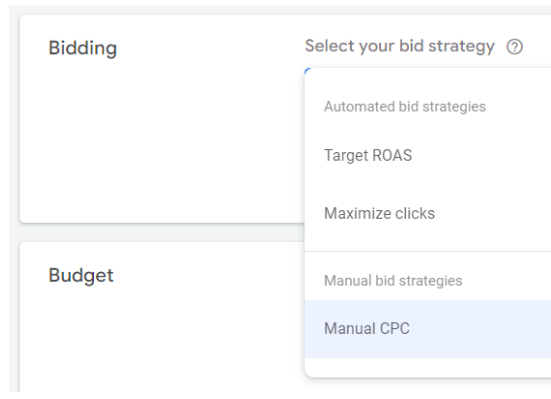When working to make your business shine, knowing the difference between branding and marketing is essential. Though they’re connected, each has a unique role in building a solid business presence.
What’s the Difference? 🤔
Branding is your business’s identity. It’s who you are, including your values, style, and unique qualities. Branding is the consistent message in your logo, colors, and communication style. It shapes how customers perceive your business and builds emotional connections.
Think of Apple 🍏. Their clean, innovative image shows up in every product design, ad, and store layout, highlighting simplicity and tech elegance. This strong brand identity creates loyalty and trust among customers.
Marketing, on the other hand, is about action. You take these steps to promote your business, boost sales, and connect with customers. Marketing strategies include SEO, social media campaigns, email marketing, and PPC ads. It’s flexible, adapting to new trends, technologies, and customer preferences.
For example, Starbucks ☕️ runs a yearly holiday cup campaign to showcase new seasonal flavors and specials. This marketing effort taps into the brand’s warm, community-focused vibe to attract customers during the festive season.
Why Both Matter 🧩
- Creating Recognition and Loyalty: A strong brand makes your business easily recognizable and memorable. Consistent branding fosters customer loyalty, as people tend to stick with brands they know and trust. Marketing amplifies this by spreading your message to a broader audience.
- Building Trust: Effective branding establishes credibility and trust. Customers are more likely to purchase from a professional and trustworthy brand. Marketing builds on this trust by offering valuable information and engaging content.
- Driving Sales: While branding lays the foundation for customer loyalty and trust, marketing drives sales by actively promoting your products or services. Marketing campaigns can highlight special offers, new products, or unique selling points, encouraging customers to purchase.
- Adapting to Change: Branding provides a stable identity, but marketing is dynamic. It allows you to adapt to changes in the market, customer preferences, and technological advancements. This flexibility is crucial for staying relevant and competitive.
Working Together 🤝
To achieve business success, branding and marketing should work together seamlessly:
- Consistent Messaging: Ensure that your marketing campaigns reflect your brand’s identity. Consistency in messaging across all platforms strengthens your brand’s image.
- Customer Engagement: Use marketing strategies to engage with your audience and gather feedback. This interaction helps refine your brand and align it with customer expectations.
- Data-Driven Decisions: Leverage marketing analytics to understand what resonates with your audience. Use these insights to reinforce your brand’s strengths and address any weaknesses.
Both branding and marketing are essential for creating a robust business presence. Branding establishes who you are, while marketing takes action to spread the word and drive sales. Together, they help your business shine and succeed. 🌟











Leave feedback about this